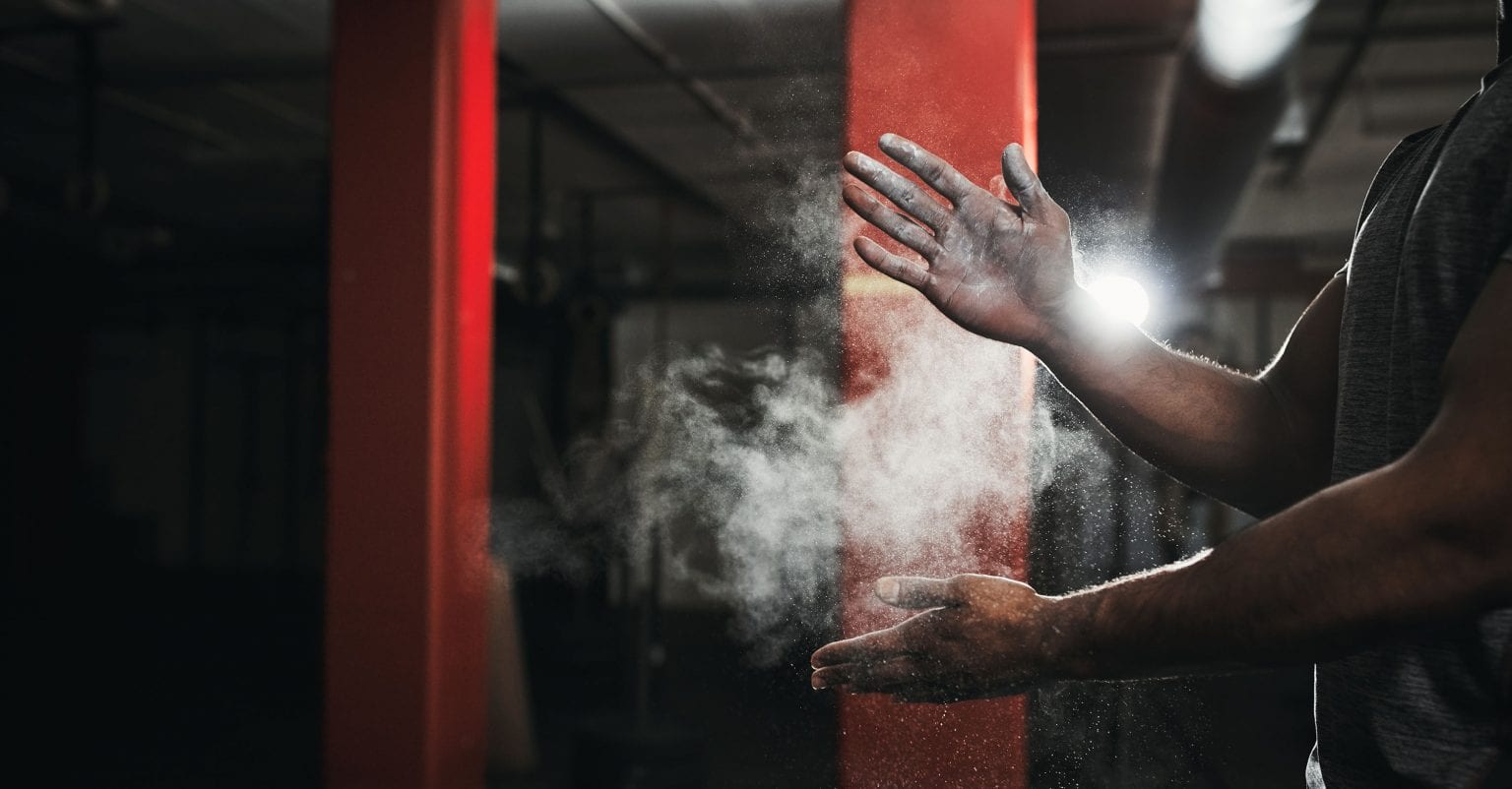Few small businesses are spared challenges outside of their control. From bushfires to health emergencies and now COVID-19, here’s what small business owners have done to rebuild a business after a crisis.
Skipworth Wine Company lost an estimated $250,000 in uninsured infrastructure and crops when the Yarloop bushfire tore through Western Australia’s south-west in 2016.
“The whole place was smashed,” owner Kim Skipworth says.
“Fences, vineyard, irrigation, tanks, dams, every building damaged. It’s taken me probably three years to get to repairing and discovering everything that needed fixing.
“A lot of things were hidden, like irrigation pipes buried underground that tree roots burned up to and melted – you don’t discover it until you go to turn them on.”
And like so many businesses, Michelle Lawson of Darlin Wholesalers is now grappling with the COVID-19 crisis.
“Our business is based on multiple industries, so we didn’t have all our eggs in one basket. We always thought that we would be able to generate some sort of income because of the diversity of our portfolio,” she says.
Between them, they have great first-hand advice on how to rebuild a business from a crisis. These are their five tips:
1. Plan for recovery
A recovery plan is important to rebuild a business post-crisis:
- Step 1: Get the right support in place: financial, legal, property, etc.
- Step 2: Devise a plan to get back on track.
- Step 3: Review your progress. “Once you know what you’re dealing with again and cash flow recovers, look at how can you pay debt off sooner to avoid the interest over the extended term.”
Get support:
- Government assistance: Disaster Assist (including the Disaster Recovery Payment/Disaster Recovery Allowance)
- Business support: Australian Small Business and Family Enterprise Ombudsman
- Mental health: Beyond Blue/HeadsUp guide for small business; Lifeline Australia
2. Ask for help
“Everyone seems to be wanting to help more now, because everyone is really sensitive to what has happened with COVID-19,” says Lawson.
“Most suppliers have been wonderful… they’re hurting too, so they understand. And our landlord as well has been great.
“Have good partnerships with your suppliers and landlord: that’s been a big help for us.”
3. Support through sales
“I still had stock, so I told people ‘don’t donate money to me, just keep buying my wine and that gives me the cash flow’,” Skipworth says of the wave of post-fire generosity.
“One bloke did an ask around the office. He came in with a couple of grand and said, ‘how much will this buy?’
“I had the same approach during lockdown – the roadblock was two kilometres north of me, so people couldn’t get in. But I could do deliveries to Perth, so I hit up my mailing list.
“I’ve got a mate who’s a chef, so we’ve knocked up a little menu and we’re doing tastings with food.”
4. Do what you can
“Initially I couldn’t get in [to the business]. I didn’t have power or water. It was probably a couple of months without trading. But I was like ‘the fires are not going to take it away from me’,” Skipworth says.
“You can lay down and give in, or you can fight. My attitude has always been to keep on working. Nothing heroic, but I just made a list of jobs and got started.”
The winemaker managed to save the buildings from total destruction, including one vintage in barrels. He named the 2015 Shiraz Phoenix Rising, which became a silver medallist.
“It cemented what I was trying to do as part of my recovery. It hasn’t sold on sympathy; it’s sold on quality.”
He also focused on everything digital, from sales to marketing, while the cellar door remained closed.
5. Look for opportunities
Whether it’s subtle changes or rebuilding from the ground up, a crisis forces you to step back from the tools and work on the business itself.
“We’ve engaged a marketing company to review our processes with a helicopter view of our business – that’s actually been very rewarding but also eye-opening,” wholesaler Lawson says.
“You think you’re doing something right but get some interesting feedback and options to shift gear. It has certainly opened my eyes about different things!”








